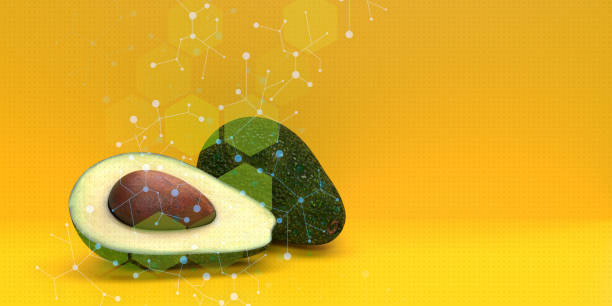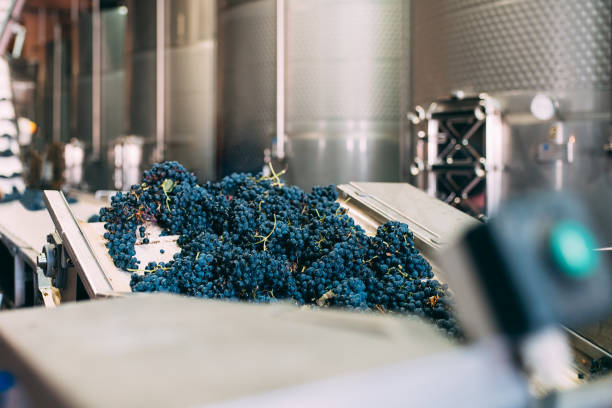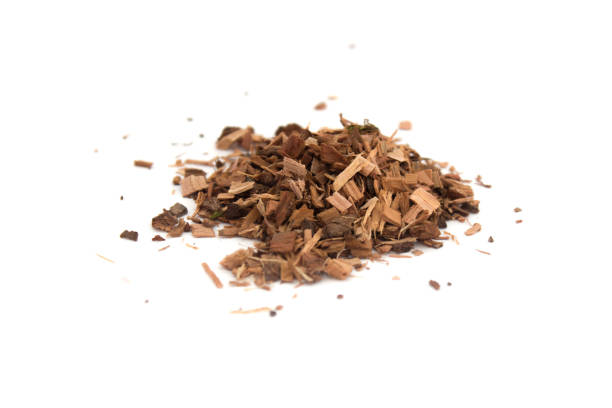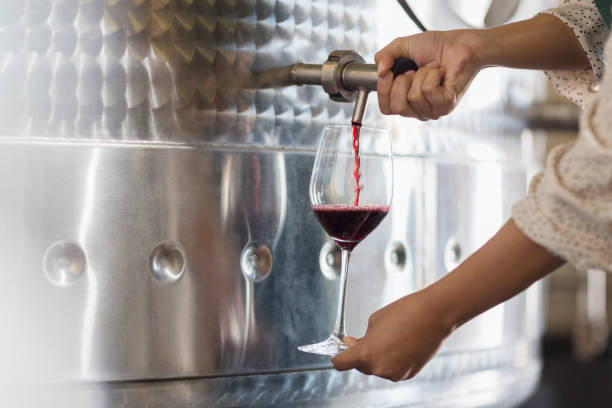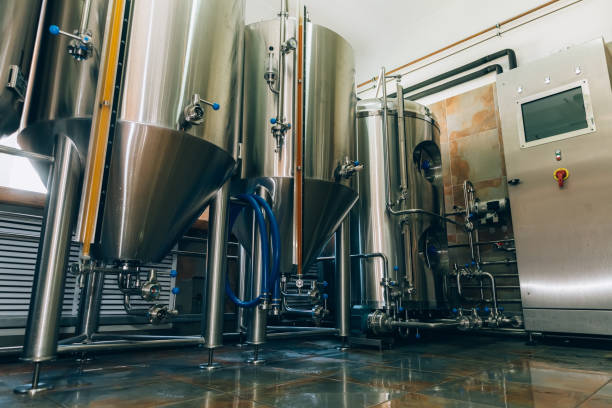Introduction:
In the captivating world of distilleries, where grains and fruits are transformed into exquisite
spirits, there exists an intricate science that goes beyond the artistry. Specialty chemicals and
enzymes are the unsung heroes driving this alchemical process, ensuring consistency,
enhancing flavour’s, and optimizing efficiency. As a subject matter expert, I invite you to journey
with me through the realm of specialty chemicals and enzymes in distilleries, where science and
craftsmanship converge.
The Science of Specialty Chemicals:
1. Enzyme-Assisted Conversion:
Enzymes act as nature’s catalysts, speeding up the conversion of complex carbohydrates into
fermentable sugars during the mashing process. Specialty enzymes, such as alpha-amylase and
glucoamylase, play a pivotal role in breaking down starches into sugars that yeast can readily
ferment. This not only boosts yields but also ensures a consistent and predictable fermentation
process.
2. Flavor Enhancement:
Specialty chemicals can be harnessed to influence the flavour profile of spirits. Oak extract, for
example, imparts the rich and intricate flavours associated with barrel aging, allowing distillers to
achieve depth and complexity in a shorter time.
3. Yeast Health and Fermentation Control:
Healthy yeast is essential for efficient fermentation. Specialty nutrients and chemicals are used
to create an optimal yeast environment, promoting vigorous fermentation and preventing off flavors.
4. Clarification and Filtration:
Certain specialty chemicals aid in the clarification process, helping sediments settle and
resulting in a clearer liquid. Filtration aids ensure that the final product is visually appealing and
devoid of unwanted particles.
The Enzymatic Alchemy:
1. Amylases: These enzymes break down starches into fermentable sugars, a critical step in
alcohol production.
2. Proteases: Responsible for breaking down proteins into amino acids, which can influence
the flavor and mouthfeel of spirits.
3. Glucoamylases: These enzymes further break down complex sugars into simpler forms,
ensuring maximum sugar utilization during fermentation.
4. Pectinases: Pectinases aid in fruit mashing by breaking down pectins, releasing flavors
and aromas.
5. Lipases: Lipases target lipids, impacting the texture and taste of spirits.
Benefits and Considerations:
1. Enhanced Efficiency and Yields:
The incorporation of specialty chemicals and enzymes optimizes processes, resulting in
increased yields and heightened production efficiency.
2. Consistency and Quality:
Fine-tuned enzymatic processes guarantee a consistent quality across batches, ensuring that
each spirit embodies the desired flavor, aroma, and alcohol content.
3. Sustainability:
Efficient enzymatic processes often require less energy and resources, contributing to
sustainable production practices.
4. Collaborative Approach:
Consulting with experts in the field of specialty chemicals and enzymes is essential for tailoring
formulations to distillery needs and processes.
Conclusion:
The symphony of distillation is not merely an art form; it’s a scientific pursuit, with specialty
chemicals and enzymes as its orchestral maestros. These compounds orchestrate the symphony,
fine-tuning each note to craft spirits of unparalleled quality. From amylases to proteases, they’re
the molecular architects that construct flavors and aromas, turning raw ingredients into liquid
poetry. As distilleries continue to push the boundaries of innovation, these unsung heroes—
specialty chemicals and enzymes—will remain at the heart of the alchemical transformation that
elevates spirits to new dimensions.


